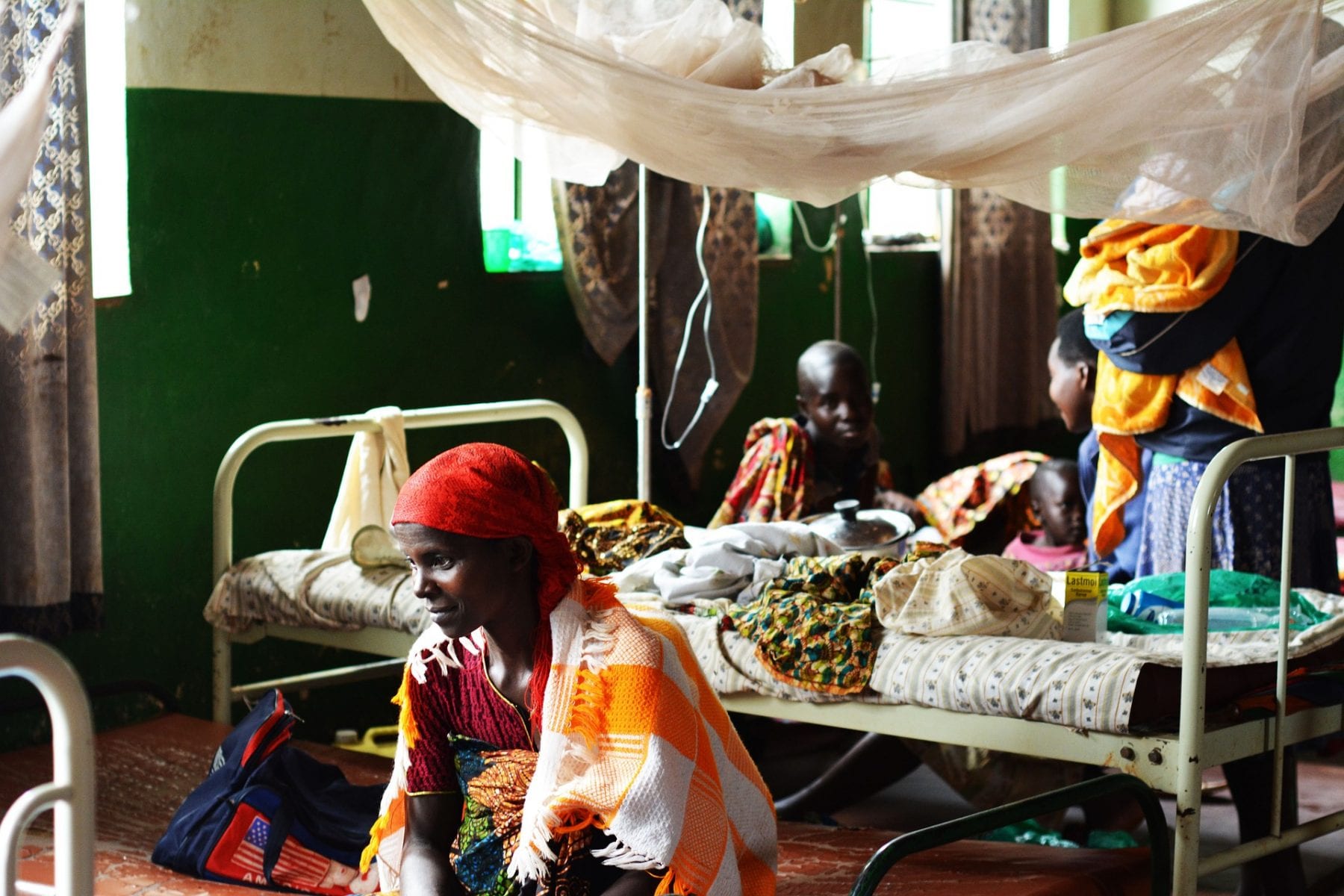East African countries are currently classified by the OECD as least developed countries (LDCs): half of their population is young and are currently experiencing a ‘youth bulge’ characterized by high levels of poverty, unemployment, HIV/AIDS and increasingly Non-Communicable Diseases (NCDs). Alcohol is a major obstacle to development in East Africa, as it is a risk factor for HIV/ AIDS and NCDs and causes many other social, economic and public health problems.
With regard to alcohol consumption, Uganda is ranked the highest consumer in the region – including high levels of unregulated alcohol.
In terms of taxation on alcohol among East African countries, we notice a mixture of approaches. There is the approach of advancing Public Health as well as the approach of advancing Economic Development. However, I think that most governments have been inclined to use the economic approach. The alcohol industry has been taxed in order to raise funds for governments; or the alcohol industry has not been taxed (or only very little) to allow for job creation and investments.
With accelerating alcohol harm, as evidenced by the increasing burden of NCDs in East African countries and other alcohol harms – disproportionately burdening young people in our region – it has become obvious that this approach has not helped to drive development in our countries and region. Quite simply: more needs to be done do increase alcohol taxation in East African countries.
In East Africa, taxation of harmful commodities are proven to be administratively feasible and politically acceptable. With regard to tobacco taxation several countries are much further ahead.
There is strong evidence that raising alcohol taxes is an effective strategy for reducing alcohol consumption and related harms.
For our context in East Africa, there is one caveat, however: In countries with low prevalence of alcohol use or with high proportion of consumed alcohol produced informally or illegally and, therefore, not covered by taxation, the cost-effectiveness of raising taxes on alcohol is less favorable.

Preventing and reducing alcohol harm
Beyond the population-level burden of diseases and injuries, alcohol kills or disables people at a relatively young age, resulting in the depletion of working age citizens and the loss of many quality years of life to death or disability.
Alcohol harm imposes a substantial economic burden on our societies in several aspects including health care costs, costs of productivity losses, costs of property damage, costs of criminal justice and law enforcement.
The disproportionate level of alcohol harm burdening young people has serious implications for the development of human capital in our nations with a large youth population.
- Alcohol use by minors does reduce educational aspirations and achievement.
- Adolescence is a time when the developing brain is particularly vulnerable to long-term negative effects of alcohol use.
- The earlier a person starts using alcohol, the higher is the likelihood that person develops alcohol use disorder later on in life.
Alcohol use both complicates recovery from the HIV epidemic because alcohol is implicated both in disease transmission, disease progression and adherence to treatment for HIV. A review and meta-analysis of 20 studies from Africa found that alcohol users have a 70% greater chance of being HIV positive when compared to non-alcohol users.
Why East African governments need to tax alcohol
Alcohol taxation creates win-win situations for societies in our part of the world:
- Prevented and reduced disease and disability related to alcohol, and
- Increased streams of revenue for health promotion and development financing.
For East African countries, there’s vast potential in putting higher taxes on alcohol – as Big Alcohol aggressively enters our societies, promoting their products.
Increasing taxation of alcohol is an important policy option to reduce that burden of alcohol harm and to increase funds for disease prevention, health promotion and fostering sustainable development.”
Rogers Kasirye
The latest WHO estimates indicate that if all countries increased tobacco taxes by 50%, tax revenue would increase by US$101 billion globally. For alcohol taxes the revenue generating potential could be even bigger because excise taxes on alcohol products tend to be lower than on tobacco products in most countries.
A study of 42 countries (high-income and low- and middle-income) found that increasing excise duties on alcohol products to at least 40% of the total retail price would increase tax revenue in these countries by US$34 billion.
Raising alcohol taxes, and thus alcohol prices, is good for health and sustainable development because it reduces the amount of alcohol consumed in four ways:
- People who are currently not using alcohol are protected in their right to live free from alcohol;
- Some current alcohol users quit entirely;
- Some people, especially children and youth, are deterred from starting to take up alcohol consumption; and
- Some people reduce their alcohol consumption.
Consequently alcohol sales decline, and health, well being, and economic productivity improve. At the same time, the revenue generated by the higher taxes on alcoholic beverages sold more than makes up for lower sales. That is why increasing alcohol taxes is a win-win.
Alcohol policy solutions are of growing importance because of population ageing and rising health care costs. Alcohol is a major factor both in the global epidemics of gender-based violence, non-communicable diseases and infectious diseases, such as tuberculosis and HIV/ Aids.
Increasing taxation of alcohol is an important policy option to reduce that burden of alcohol harm and to increase funds for disease prevention, health promotion and fostering sustainable development.
What that means for Uganda
My country, Uganda, is currently trying to introduce a new alcohol law to make all scattered laws codified together:
- Hoping that this will curb underage alcohol use and protect children,
- Introduce an endowment fund from the alcohol tax,
- Eliminate alcohol advertisement and sponsorship,
- Promote prevention and address enforcement issues,
- Control illicit/ informal alcohol/ illegal production in Uganda,
- Reduce alcohol availability (age, density, volume), and
- Address packaging so that it is not attractive to children.

In East Africa, alcohol taxation continues to be a challenge as there is lack of harmonization of taxes leaving untaxed illicit brew and many producers outside the curve.
The public good and public health approach needs to be recognized when considering alcohol taxation.
The case of South Africa shows that evidence-based alcohol policy measures, like taxation, can help improve social well being and the economy – because in our countries, the costs for alcohol harm far outweigh the economic contribution of the alcohol trade.
In South Africa, the combined total tangible and intangible costs of alcohol harm to the economy were estimated at 10% to 12% of the 2009 gross domestic product (GDP).
The costs of alcohol-related harm substantially outweigh the economic benefits highlighted by the alcohol industry. This cost-benefit-analysis shows the need and imperative for employing high-impact, evidence-based alcohol policy measures.
Levels of alcohol taxation in South Africa are still below international standards, and lower than in neighboring Botswana which is pioneering alcohol control in the Southern African region.
Minimizing the costs of alcohol harm by regulatory and policy interventions contributes directly and indirectly to social well-being and the economy. Like Botswana in Southern Africa, it has been Kenya leading the way in East Africa.
I now hope that my own country will step up and raise the bar.
For further reading
Report by East African Alcohol Policy Alliance and Movendi International: Alcohol Taxation – A Win-Win Measure For Financing Development (PDF)